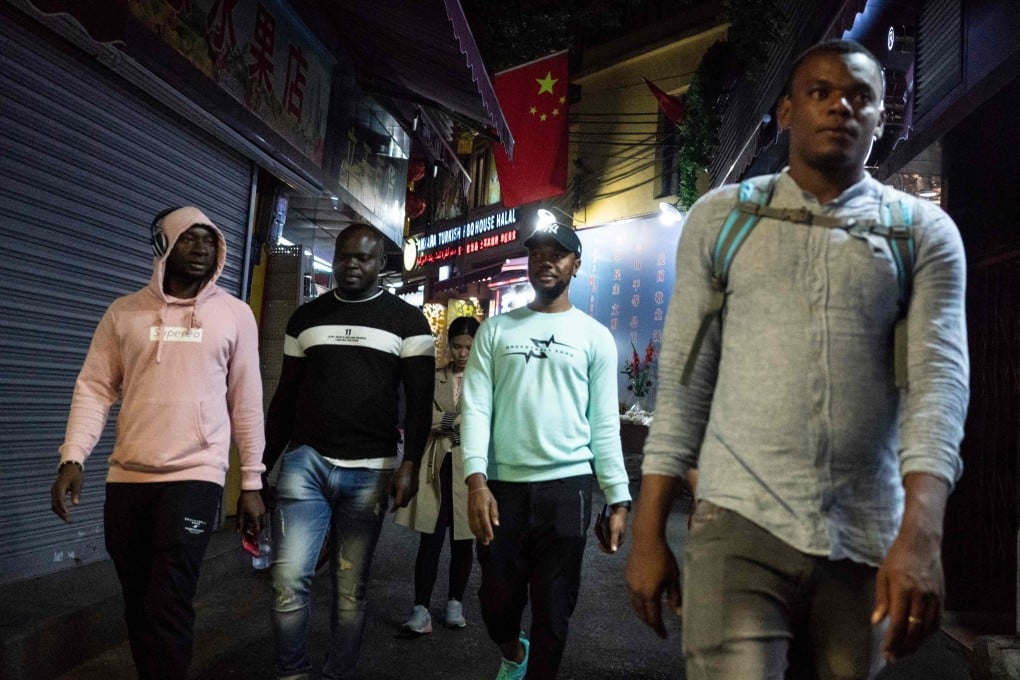How racism and discrimination affect black people in China and Hong Kong
- Small but growing populations of Africans live in Hong Kong and China
- Many feel marginalised and discriminated against, from being ignored to being singled out because of their race

For Marie-Louisa Awolaja, a British-Nigerian, life in Hong Kong often means she is highly visible as a black woman, yet simultaneously invisible.
“I was surprised at how invisible I was, in a way,” she said. “I expect to be stared at on this side of the world. People don’t necessarily, especially locals, they just carry on – most of the stares you get are from [Chinese] tourists. But when it comes to service, it becomes more evident. They sometimes just don’t acknowledge you. It’s as if you don’t exist.”
Her voice is one of many shared on HomeGrown, a new podcast she co-created with fellow British-Nigerian Folahan Sowole as a guide to the black expat experience in Hong Kong. It invites a wide range of guests from the black community to explore racial dynamics in the city in a lighthearted but revelatory manner, touching on issues from the workplace environment to how school systems work and the chasm between local and expat communities.
Even as the Black Lives Matter movement gained momentum globally after African-American George Floyd was killed in May by a white police officer in the US, it did not spark conversations in the same way about institutional racism and anti-black discrimination in Hong Kong and China.

Discrimination against black people has long been an issue in China, as deeper economic ties between Beijing and the African continent have seen the number of African traders and immigrants in the country grow. But rights groups say there have been institutional barriers for Africans, including targeting by police for immigration enforcement and being turned away from restaurants or shops.

